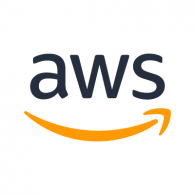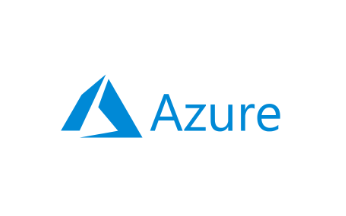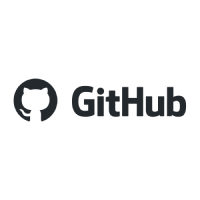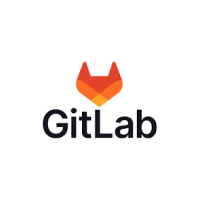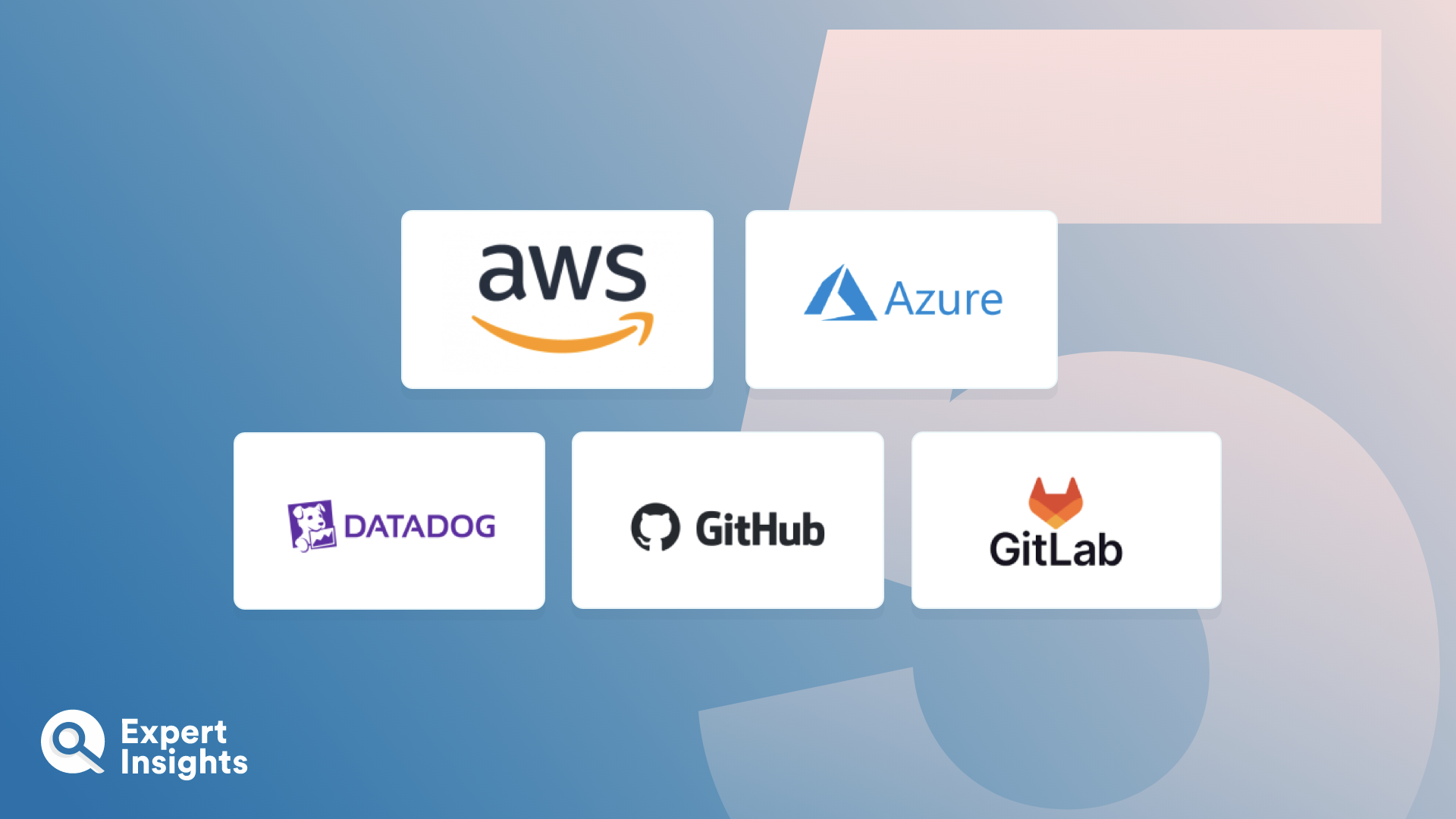DevOps platforms are central to modern software delivery. They allow development and operations (together, “DevOps”) teams to collaborate effectively, automate routine tasks, and improve software release cycles. By providing a platform where (traditionally) siloed software development teams can communicate and interact, DevOps platforms aim to shorten the system development lifecycle and provide continuous delivery of high-quality software.
DevOps platforms allow for the automation of key processes throughout the software development lifecycle including integration, testing, deployment, and infrastructure management. This not only results in faster delivery, but also minimizes potential errors and discrepancies that may arise through manual workflows. Ultimately, these platforms can optimize and streamline processes.
DevOps platforms tend to integrate multiple features and tools such as source code management, continuous integration/continuous delivery (CI/CD) pipelines, monitoring, feedback loops, and collaboration features. Some platforms are more developer-centric, focusing on providing a rich environment for coding, testing, and deploying applications, while others might emphasize infrastructure as code, scaling, and operational aspects.
For developers, a DevOps platform can assist with creating a more streamlined workflow through integrating tools that cover everything from writing code to monitoring performance and production. For operational teams, a DevOps platform means improved insight into the development process as well as the ability to catch and resolve issues faster. This ultimately ensures high uptime and optimal performance.
Given the crucial role of DevOps in modern software development and the range of tools and solutions on the market, choosing the right platform can be overwhelming. Each platform has its strengths, targeting different needs, scales, and organizational structures. This guide will explore the top enterprise DevOps platforms available today. We will highlight key features, and consider the ease of integration, scalability, and performance metrics.



